Coconut Charcoal Briquettes for Zero-waste Grilling
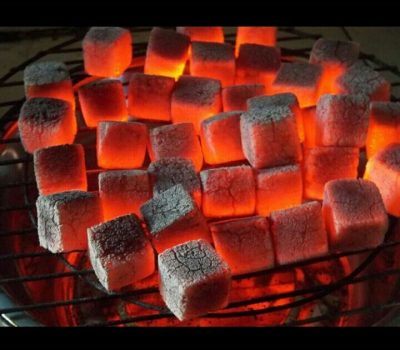
Coconut Charcoal Briquettes for Zero-waste Grilling, in the quest for sustainable living, the concept of zero waste has gained significant traction, particularly in how we approach our food and cooking methods. One exciting innovation in this realm is the use of coconut charcoal briquettes for grilling. Not only do these briquettes provide an efficient and eco-friendly fuel source, but they also promote a zero-waste lifestyle by repurposing agricultural byproducts. This article delves into the benefits, production process, and versatility of coconut charcoal briquettes, showcasing how they can transform your grilling experience.
What Are Coconut Charcoal Briquettes?
Coconut charcoal briquettes are produced from the husks and shells of coconuts, which are typically considered waste products in the coconut industry. The production process involves several key steps:
- Raw Material Collection: After coconuts are harvested for their water and meat, the leftover husks and shells are collected. This repurposing of waste is central to the zero-waste philosophy.
- Carbonization: The collected materials undergo a carbonization process, where they are heated in a low-oxygen environment. This transforms the organic material into charcoal while minimizing smoke emissions.
- Briquetting: The resulting charcoal is then crushed into fine powder, mixed with a small amount of starch as a binder (often sourced from natural ingredients), and compressed into briquettes.
- Drying: Finally, the briquettes are dried to ensure they have a low moisture content, making them ready for use.
Environmental Benefits
- Sustainable Sourcing: Coconut trees grow quickly and produce coconuts year-round, making them a renewable resource. By utilizing byproducts that would otherwise contribute to waste, coconut charcoal briquettes embody the principles of sustainability.
- Carbon Neutrality: When coconut charcoal burns, it releases carbon dioxide that is roughly equal to the amount absorbed by the coconut trees during their growth. This makes it a carbon-neutral option compared to fossil fuels.
- Reduced Deforestation: By providing an alternative to traditional charcoal, which often requires cutting down trees, coconut charcoal briquettes help protect forests and preserve biodiversity.
- Cleaner Burning: Coconut charcoal briquettes produce significantly less smoke and fewer harmful emissions than conventional charcoal. This leads to better air quality, both for the griller and the surrounding environment.
- Waste Reduction: Utilizing agricultural waste for fuel reduces the overall waste generated by the coconut industry, aligning perfectly with zero-waste principles.
Economic Advantages
- Cost-Effective Fuel: Coconut charcoal briquettes can be a more affordable option than traditional charcoal or fossil fuels. Their production utilizes waste materials, keeping costs low and making them accessible to a broader audience.
- Job Creation: The production and distribution of coconut charcoal briquettes can stimulate local economies, providing jobs for those involved in the coconut industry and contributing to sustainable livelihoods.
- Energy Independence: By using locally sourced coconut charcoal, regions can reduce their reliance on imported fossil fuels, enhancing energy independence and economic resilience.
Versatile Uses
Coconut charcoal briquettes are not just limited to grilling; they offer a range of applications:
- Grilling and Barbecuing: Their high carbon content provides a steady, long-lasting heat, perfect for grilling meats, vegetables, and seafood. They also impart a unique flavor that enhances the grilling experience.
- Smoking: Coconut charcoal briquettes can be used for smoking foods, creating deliciously rich flavors without the heavy emissions associated with traditional wood smoking.
- Fire Pits and Campfires: Their clean burn makes them an excellent choice for outdoor fire pits, providing warmth and ambiance without the smoke.
- Indoor Heating: In some regions, these briquettes can be used in stoves and heaters, offering a clean-burning alternative to wood or coal.
Challenges and Considerations
While the benefits of coconut charcoal briquettes are numerous, there are challenges to address:
- Quality Control: Ensuring consistent quality in the production process is crucial for maintaining performance and customer satisfaction.
- Market Awareness: Promoting the environmental benefits and versatility of coconut charcoal briquettes is essential for encouraging adoption among consumers.
- Supply Chain Management: Establishing a reliable supply chain for raw materials is necessary to support large-scale production while ensuring sustainability.
Conclusion
Coconut Charcoal Briquettes for Zero-waste Grilling, coconut charcoal briquettes represent a remarkable advancement in sustainable grilling practices. By turning agricultural waste into a high-quality fuel source, they embody the principles of zero waste while providing numerous environmental and economic benefits. As more people seek eco-friendly alternatives for their cooking needs, coconut charcoal briquettes offer a deliciously sustainable solution. Embracing this innovative product not only enhances your grilling experience but also contributes to a healthier planet, making every cookout a step toward a greener future. With coconut charcoal, you can enjoy flavorful meals while taking an active role in reducing waste and protecting the environment.
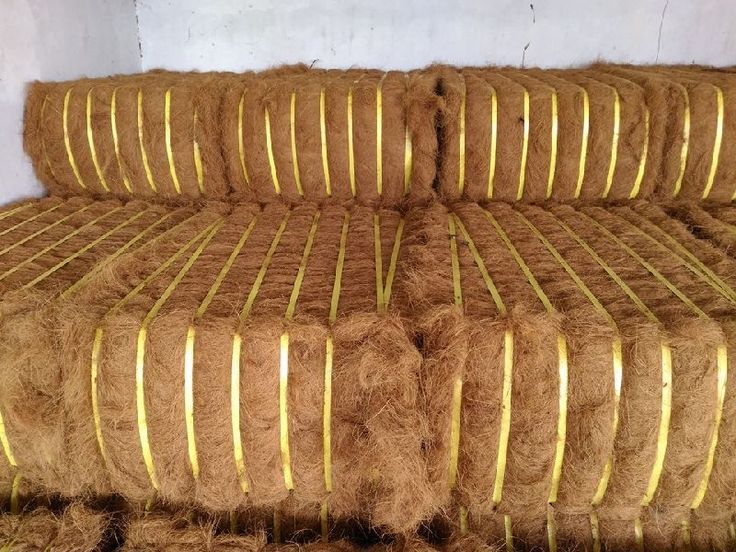
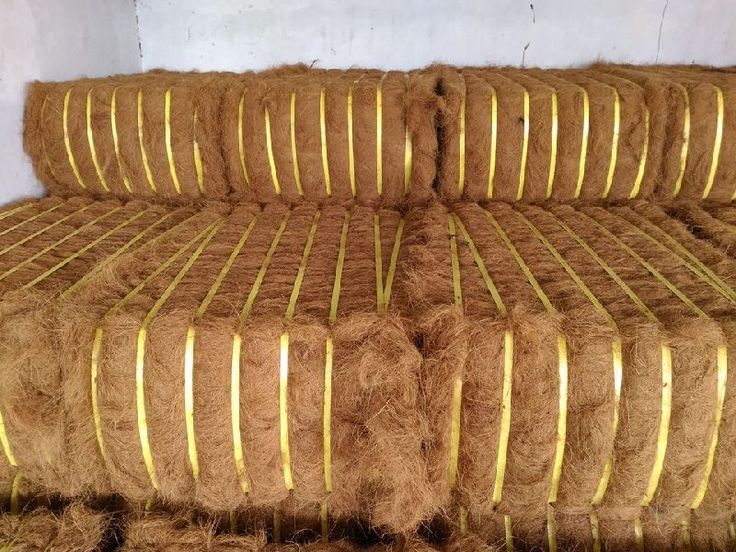
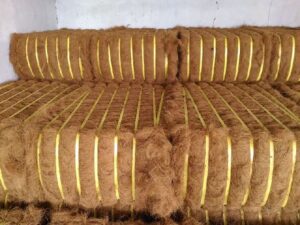
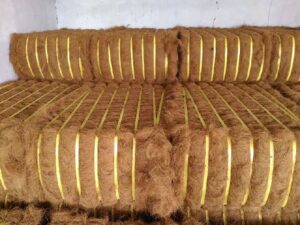
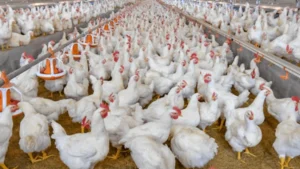






Post Comment